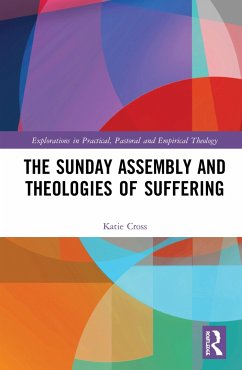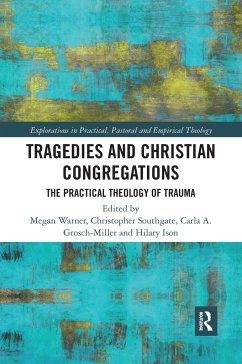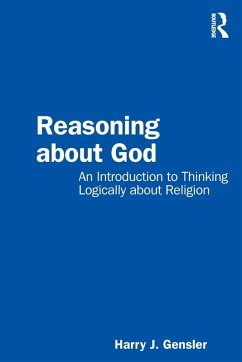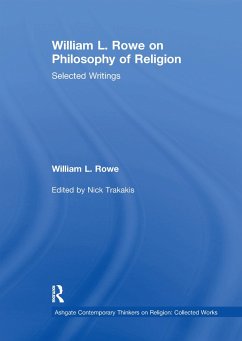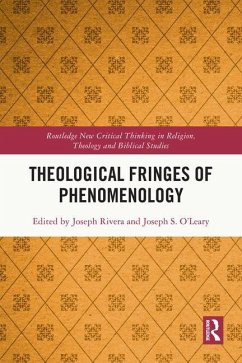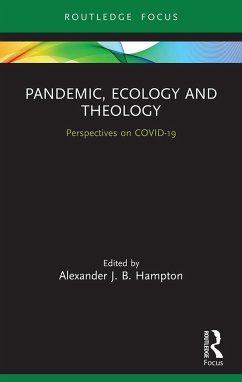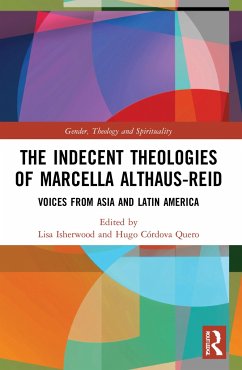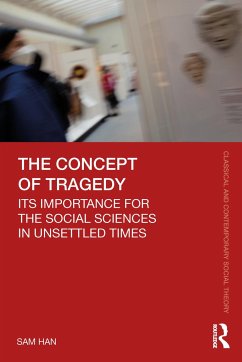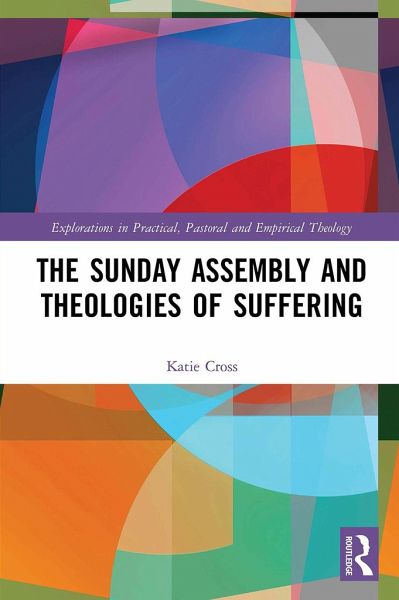
The Sunday Assembly and Theologies of Suffering
Versandkostenfrei!
Versandfertig in 6-10 Tagen
46,99 €
inkl. MwSt.
Weitere Ausgaben:

PAYBACK Punkte
23 °P sammeln!
This book draws on a study of the Sunday Assembly- a "godless congregation"- to reflect on how the Church might better deal with suffering, lament and theodicy. Against a backdrop of a shifting attitudes towards religion, humans are now better connected than ever before. It is no exaggeration to suggest that we carry the suffering of the world in our pockets. In the midst of these intersecting issues, the Sunday Assembly provides insight into how meaning-making in times of trauma and crisis is changing.Drawing on practical theology and using ethnographic tools of investigation, this book inclu...
This book draws on a study of the Sunday Assembly- a "godless congregation"- to reflect on how the Church might better deal with suffering, lament and theodicy. Against a backdrop of a shifting attitudes towards religion, humans are now better connected than ever before. It is no exaggeration to suggest that we carry the suffering of the world in our pockets. In the midst of these intersecting issues, the Sunday Assembly provides insight into how meaning-making in times of trauma and crisis is changing.
Drawing on practical theology and using ethnographic tools of investigation, this book includes findings from interviews and observation with the Sunday Assembly in London and Edinburgh. It explores the Sunday Assembly's philosophy of "celebrating life," and what this means in practice. At times, this emphasis on celebration can result in situations where suffering is "passed over," or only briefly acknowledged. In response, this book considers a similar tendency within white Protestant churches to avoid explicit discussion of difficult issues.
This book challenges churches to consider how they might resist the avoidance of suffering through the practice of lament.The insights provided by this book will be of particular interest to scholars of Religious Studies, Practical Theology, Secularism and Atheism/Non-religion.
Drawing on practical theology and using ethnographic tools of investigation, this book includes findings from interviews and observation with the Sunday Assembly in London and Edinburgh. It explores the Sunday Assembly's philosophy of "celebrating life," and what this means in practice. At times, this emphasis on celebration can result in situations where suffering is "passed over," or only briefly acknowledged. In response, this book considers a similar tendency within white Protestant churches to avoid explicit discussion of difficult issues.
This book challenges churches to consider how they might resist the avoidance of suffering through the practice of lament.The insights provided by this book will be of particular interest to scholars of Religious Studies, Practical Theology, Secularism and Atheism/Non-religion.





